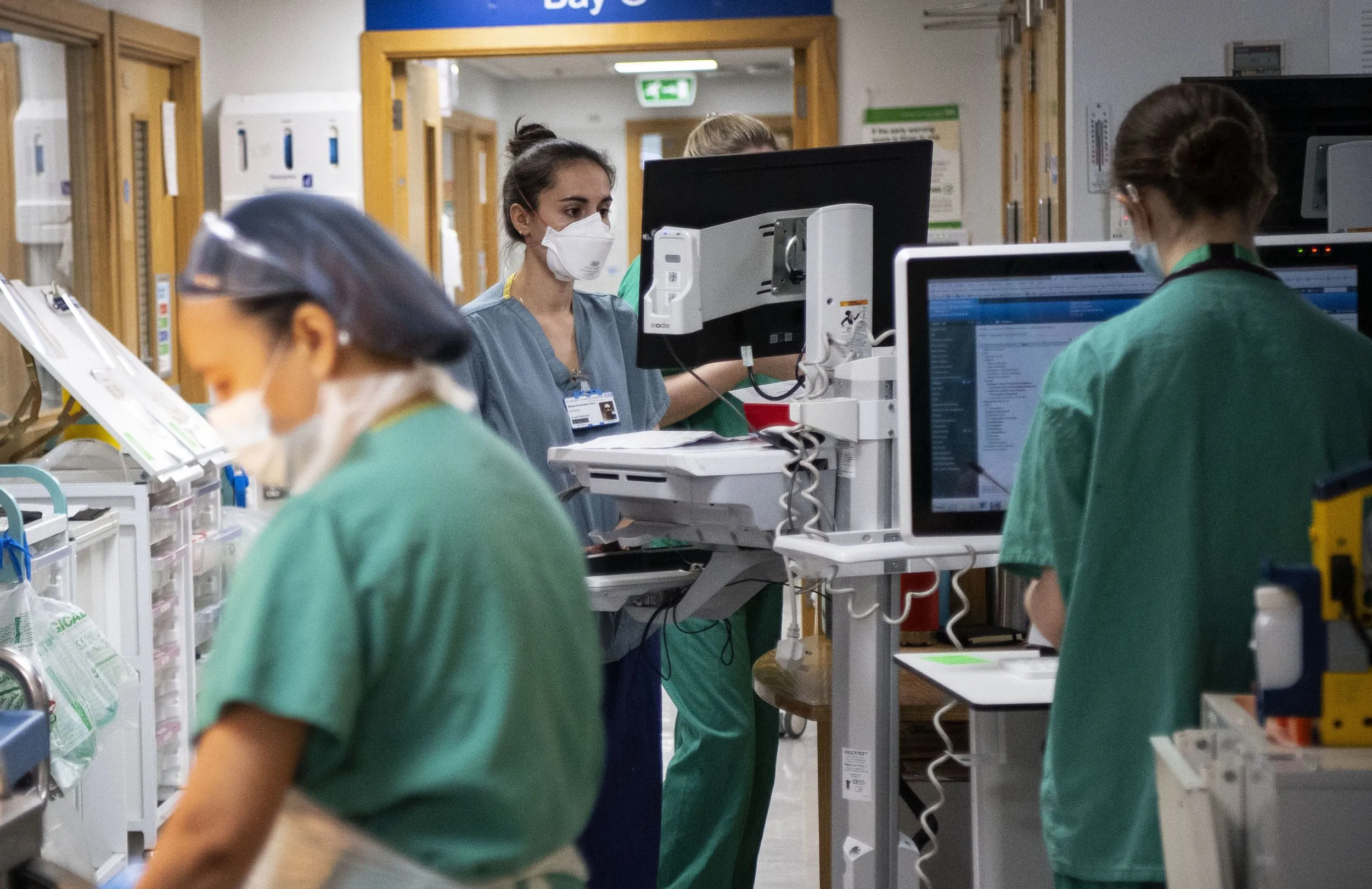England (Parliament Politic Magazine) – The government has recently announced a substantial funding of £250 million to address the pressing issue of NHS hospital bed shortage in England during the winter season. This initiative aims to provide an additional 5,000 beds, with 900 beds expected to be ready by January and the rest to follow shortly after.
By increasing capacity, this funding will not only alleviate the burden on the healthcare system but also contribute to reducing the current record waiting lists. This significant boost will result in nearly 100,000 permanent beds being made available in wards and A&E departments, precisely when they are most needed – representing a 5% increase from the current levels.
Additional Capacity Of Beds In Hospitals An Urgent Need
The urgency for this additional capacity has been emphasized by NHS Providers, who have stressed the importance of implementing these measures before the onset of winter.
Miriam Deakin, the director of policy and strategy at NHS Providers, expressed gratitude for the government’s support but also highlighted the crucial requirement of adequately staffing these new beds.
While the funding is undoubtedly a step in the right direction, it is essential to ensure that the necessary personnel are in place to effectively utilize these resources and provide quality care to patients.
She emphasized that trust leaders would be concerned about the promised extra capacity, which is expected to be in place by January, considering that winter is the busiest time of the year for urgent and emergency care.
To achieve optimal outcomes, it is crucial for trusts to have these new beds before the onset of winter, she stated. Pat Cullen, representing the Royal College of Nursing, raised an important point: who will be responsible for staffing these additional beds? Nursing staff are already stretched too thin, caring for an excessive number of patients.
Coordinated Follow-Up Care
In addition to providing financial support, the government will allocate funds to services that offer treatment without the need for hospitalization. The funding will primarily be directed towards the development or expansion of urgent treatment centers and same-day emergency care services. These centers aim to provide prompt medical attention to patients without the requirement of hospital admission.
NHS England is also taking steps to streamline the discharge process for medically-fit hospital patients. This will be achieved through the implementation of care traffic control centers, which facilitate collaboration between NHS community, housing, and charity teams. The objective is to effectively coordinate support for patients who require ongoing care after being discharged from the hospital.
By investing in these initiatives, the government aims to enhance the quality of healthcare services, ensuring that patients receive timely and appropriate care while minimizing the need for hospital stays.
Read More: Revolutionary Move: UKs Groundbreaking Plan to Embed Health Warnings Inside Cigarette Packs
The Objective Is To Develop Plans For An Efficient Discharge
The objective is to develop plans for a prompt and efficient discharge shortly after patients are admitted to the hospital, thanks to improved coordination among teams regarding follow-up care. In addition to these measures, there will be a minimum of 10,000 virtual hospital beds available by autumn, allowing certain patients to be monitored from the comfort of their own homes.
This initiative comes in response to recent data from NHS England, which revealed that waiting lists had reached a record-breaking 7.6 million by the end of June. Looking ahead, there are longer-term challenges to consider. Prime Minister Rishi Sunak emphasized that planning for winter has commenced earlier than ever before, and the public can rest assured that the NHS will receive the necessary resources.
With the addition of these 900 new beds, more individuals can receive prompt treatment, facilitating the flow of patients through hospitals and reducing frustratingly long wait times.
Health Secretary Steve Barclay acknowledged the difficulties faced during the winter season and assured that efforts are being made to proactively address these pressures while also establishing a sustainable NHS for the future.
NHS Chief Executive, Amanda Pritchard, emphasized the importance of early preparation to handle the increased demands during the winter season. Recognizing the perennial busyness of this period, she stressed the need for robust plans to enhance capacity and support frontline staff. To further improve patient experience, our winter plans build upon the advancements made in our urgent and emergency care recovery plan.


